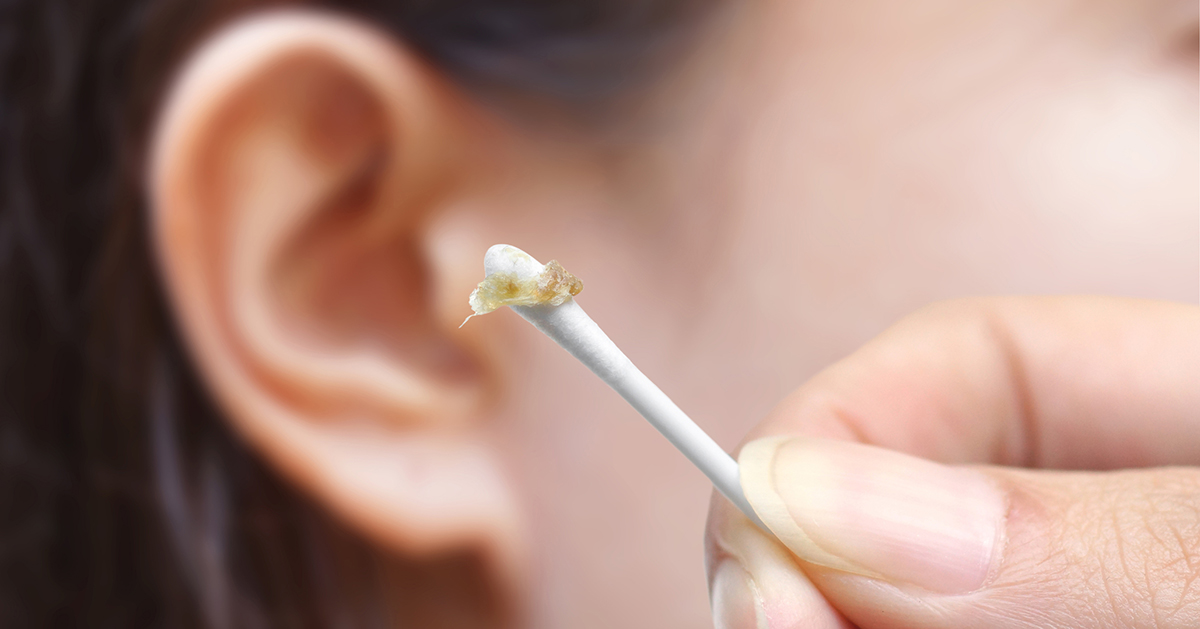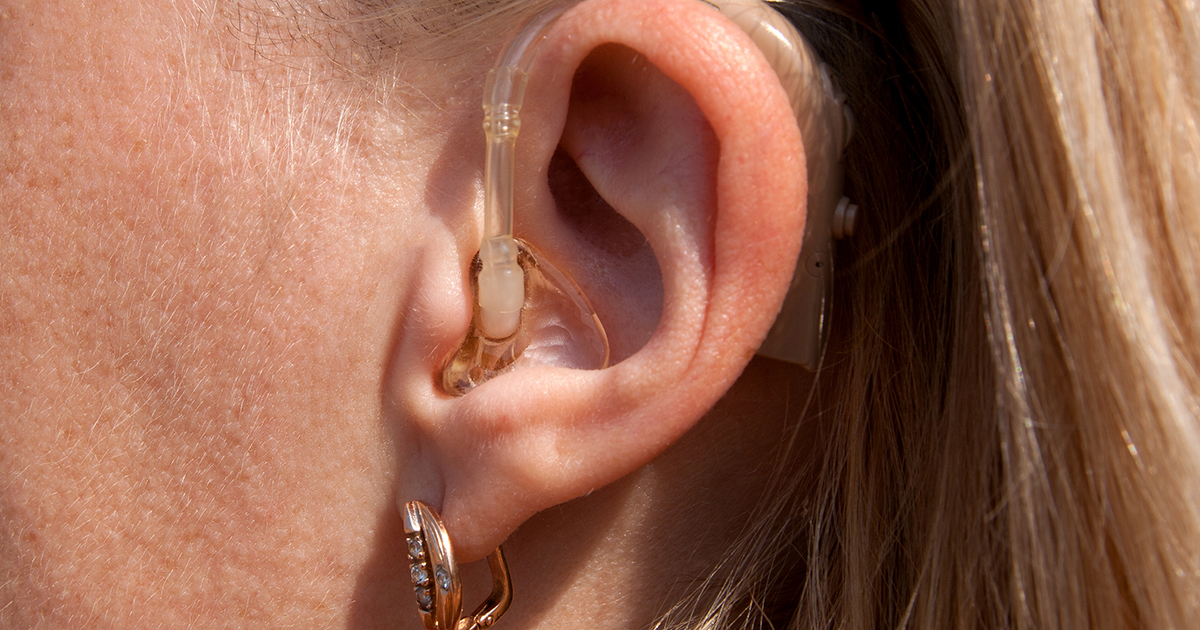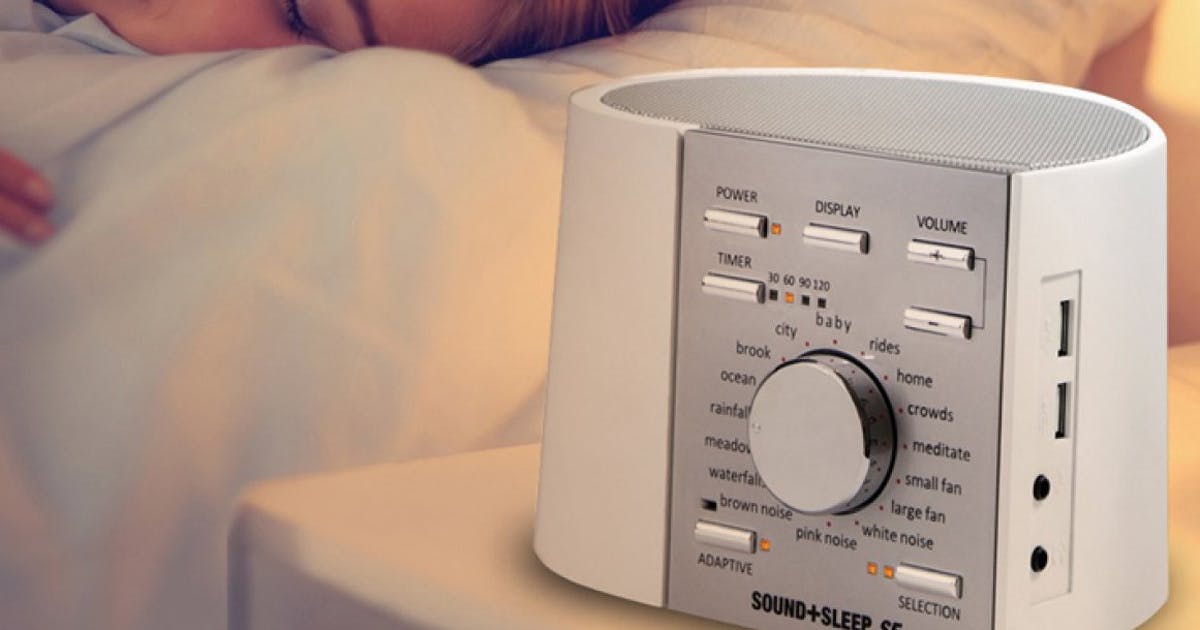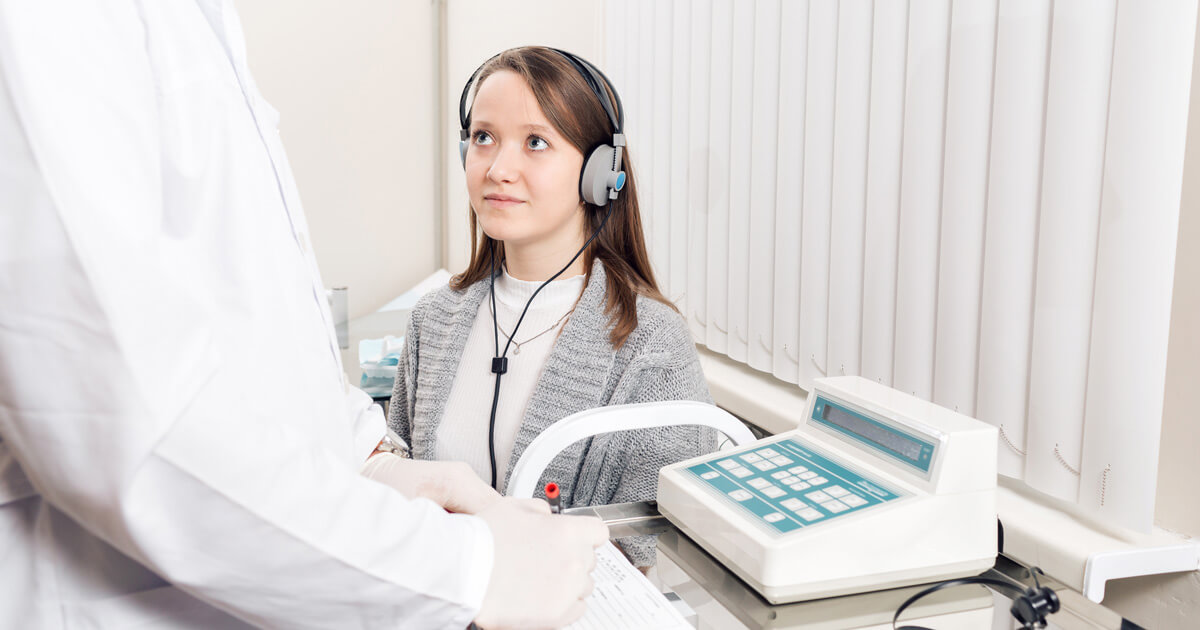How To Treat Tinnitus Effectively
Tinnitus is generally referred to as a ringing in the ears, but a variety of other sounds, such as whooshing, humming, buzzing, and whistling, are common to the condition. This condition has an abundance of potential causes and a variety of treatment options. To determine any potential underlying medical condition that may be behind tinnitus, a doctor will undertake a general physical exam including a careful examination of each ear.
A complete medical history is also part of the process, including medications, the side effects of which can include tinnitus. If the source remains unclear, an appointment with an ear specialist, such as an otolaryngologist or an otologist or a hearing specialist, such as an audiologist might be called for.
Removing Earwax

A buildup of compacted earwax can result in suffering from buzzing or ringing sounds in the ears. The wax is a natural, important secretion in the ear that keeps the ear canal lubricated while protecting against dirt, dust, and bacteria, thus helping prevent infection. If no problems are present, wax should be left alone. The ear is self-cleaning and, at most, a wipe with a tissue to remove wax on the outer ear should be necessary for maintenance. However, hairy or narrow ear canals may lead to wax build-up.
Another potential cause is the compaction of wax down the canal by cotton swabs, hearing aids, or other implements. Wax can also be caused to expand by water entering the ear during showering or swimming, giving a blockage sensation and increasing the feeling of tinnitus. General practitioners help by removing earwax by irrigation with warm water, suction, or the use of a curved instrument to snag softened wax.
Medication

While there are presently no drugs approved by the Food and Drug Administration for tinnitus, there are pharmacological possibilities to address the anxiety, depression, and stress caused by, and have been known to occasionally exacerbate, tinnitus. No medications have been found that can be shown to reverse the root of tinnitus, which is neural hyperactivity. The medication generally used to help with tinnitus management are psychoactive ones that treat behavioral issues associated with the condition.
These medicines are antidepressants and antianxiety medications that minimize the psychological burden of tinnitus. There is often a circular relationship involved with negative emotions and this condition, where tinnitus is causing anxiety, making the condition seem worse, which then causes more anxiety. Common choices include clomipramine, imipramine, protriptyline, alprazolam, clonazepam, and diazepam.
Hearing Aids

Because tinnitus is overwhelmingly related to some degree of hearing loss, the augmentation of receiving and perceiving of external noise frequently provides relief from the interior sound of the condition. Most patients find themselves developing tinnitus as a symptom of loss of hearing, whether by long-term hearing damage, age, or the auditory system experiencing acute trauma.
The consensus of the scientific community is when hearing loss is causing limited external noise stimuli to the brain, that organ responds by undergoing neuroplastic changes in the way it processes various sound frequencies. Tinnitus results from these maladaptive changes. Because of this, hearing aids, as well as other sound amplification devices, may offer relief from tinnitus. These are little electronic devices the patient wears in or behind the ear. They use a microphone, speaker, and amplifier to supplement outside noise's volume and increase the sheer amount of received and processed sound stimuli.
Noise Suppression Techniques

Tinnitus is an internal, non-auditory sound, but patients can make use of real, external noise to counteract the perception of and reaction to the condition. Sound masking and noise suppression can cover the illusory sounds of tinnitus. There are four different types of sound therapy, or noise suppression techniques. Masking exposes the patient to noise at high enough volumes to either completely or partially cover the sound. Distraction uses sounds to divert attention. Habituation helps the brain reclassify the internal sounds to unimportant sounds the mind can ignore with practice.
Neuromodulation is the practice of specialized sound use in the minimization of neural hyperactivity which is widely thought to be tinnitus's underlying cause. Traditional sound maskers are bedside or table-top devices with a few pre-set sound options. Almost any device that produces sound can be used for masking purposes, however, ranging from phones, radios, computers, and televisions to table fountains and electric fans. Unfortunately, sound masking in this way is generally only effective while in use or immediately after.
Avoiding Irritants

Avoiding irritants can help manage symptoms and sometimes stop the effects of tinnitus altogether. The reduction of exposure to things that may make the sounds of tinnitus worse is vital as a lifestyle and home remedy. Examples of irritants include loud noises, caffeine, and nicotine. In fact, many things we ingest can be a culprit behind ringing in the ears. Alcohol is one such risk factor.
All food, from processed hotdogs to organic carrots, is made up of complexities of chemicals the human digestion breaks down into molecules for nutrition and energy. When the system doesn't work properly, there is a sensitivity to a substance, or nutrient-rich foods aren't ingested, then the chemical reactions taking place can lead to feeling unwell. A food journal can help pinpoint and remove any irritant foods from the daily diet.
Treat Underlying Blood Vessel Condition

Tinnitus can be caused by arteriovenous malformations, cardiovascular disease, and high blood pressure. In order to treat tinnitus as effectively as possible, doctors often choose to treat the underlying blood vessel condition first. Many of the blood vessel conditions that contribute to tinnitus produce few symptoms, and patients may be unaware they have these ailments. For example, high blood pressure and early heart disease generally produce no outward symptoms. Thus, patients who have tinnitus should be given a thorough physical examination.
The doctor may wish to measure the patient's blood pressure on multiple occasions, and they should also listen to the patient's heartbeat and check for raised pressure in the jugular vein. Depending on the type of blood vessel condition diagnosed, patients may need to have frequent monitoring with a cardiologist, and they may need to be treated with medications that relax the heart and expand the blood vessels. Sometimes, surgical interventions may be recommended, and lifestyle modifications such as eating a Mediterranean diet and exercising regularly may reduce symptoms associated with certain types of blood vessel disorders.
White Noise Machines

White noise machines help mask the constant ringing in the ears patients with tinnitus experience. Several types of these machines are available in drugstores and at specialty stores, and doctors may be able to recommend particular kinds that could be especially helpful in treating the patient's symptoms. Generally, a process of trial and error can help in finding the most appropriate white noise machine for the patient's needs. These machines may play noises that sound like static, and some also play sounds from nature, including birds chirping, rain, thunderstorms, and gentle rivers.
It can be especially beneficial to use these machines at night. While it may not always be possible for the patient to use their machine at work, playing white noise sounds through headphones might be soothing during the workday. In this case, patients may wish to purchase CDs or digital files of different white noise sounds, and many white noise playlists are available online for free. Some patients have found pink noise helps them just as much as white noise, and patients could choose to experiment with both of these to find the option that works best for their needs.
Tinnitus Retraining

Tinnitus retraining is a form of therapy known as habituation therapy. The aim of this therapy is to provide a variety of devices and coping mechanisms to the patient that can make their tinnitus less troublesome. The first part of retraining consists of sound therapy, a process in which the patient wears various devices behind their ear. These devices emit sounds or music that can divert the patient's attention away from the tinnitus noises. Many of the devices used for sound therapy can be programmed by an audiologist to provide customized sounds for each patient. Headphones, hearing aids, and other sound-masking devices are all appropriate for use in sound therapy.
The second part of tinnitus retraining is provided by a psychologist, and it typically includes cognitive behavioral therapy or other counseling techniques that help the patient cope with the emotional effects of tinnitus. The psychologist will teach the patient different methods they could employ to provide a distraction from the tinnitus, and the patient also learns techniques to reduce the anxiety sometimes associated with this illness. Counseling helps affected individuals stop viewing their tinnitus as a danger, and they learn coping strategies that are beneficial in particularly stressful times.
Manage Stress

Tinnitus often causes significant psychological stress to patients and their families, and learning to manage stress is a crucial part of treatment. Patients with tinnitus are often referred for long-term counseling, and this can be provided in group or individual sessions. Counselors help patients learn the most appropriate distraction techniques for their circumstances, and they also provide guidance on general methods of anxiety and stress reduction. For example, patients may learn guided meditations, deep breathing exercises, or even yoga poses that could help them relax, and counselors can help patients find ways to make time for themselves and for activities they enjoy.
Reading a favorite book, taking a walk, or playing with a pet could be useful stress management techniques for tinnitus patients. Individuals with tinnitus may need to experiment with various sound therapy devices to manage their stress levels, and it is important for them to let their audiologist or primary care doctor know if a sound therapy device is no longer working.
Reduce Consumption Of Alcohol

Alcohol use may worsen the symptoms associated with tinnitus, and patients with this condition are thus advised to reduce consumption of alcohol. If possible, eliminating alcohol is even better. Patients with tinnitus who choose to drink alcohol may wish to keep a symptom diary in which they record the date, time, amount of alcohol consumed, and any tinnitus symptoms observed before and after drinking the alcohol. This information could help patients learn the amount of alcohol that could worsen their particular symptoms. Individuals trying to reduce their alcohol consumption can speak with their primary care doctor about support groups and other resources in their area.
